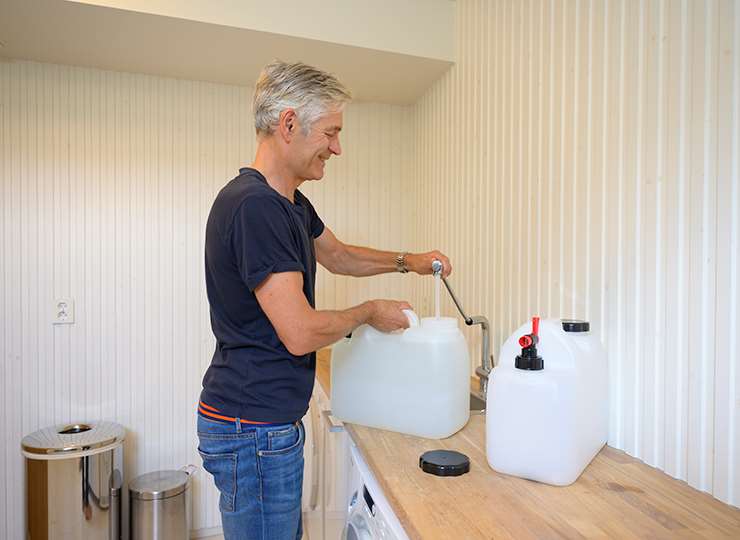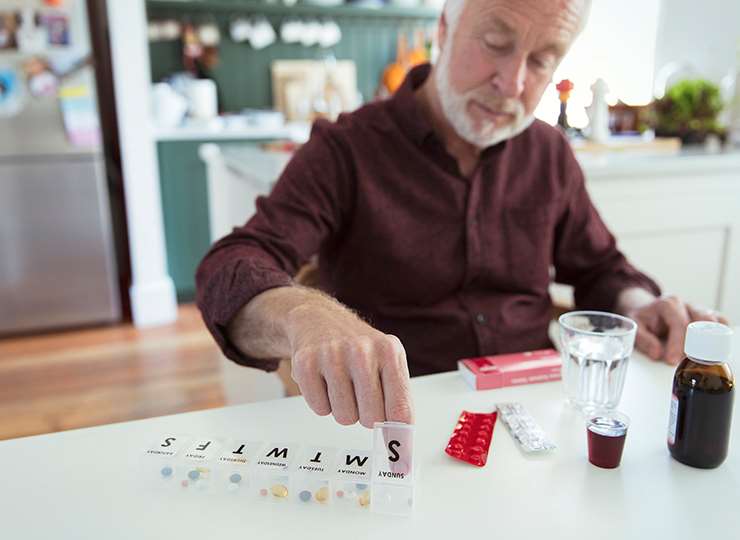
Emergency self-preparedness for people with disabilities
If you have a disability or special needs, a crisis may affect you differently to many other people. It is therefore important that you think through how a crisis would affect you personally and make the appropriate plans.
Ask for help
Talk to your family, friends, neighbours, assistants, or other people in your life about how a crisis would affect you and what you might need help with. If you need help, it is important that you ask for it. Think about whether there is someone you know whom you can ask for help.
Many municipalities will inform you via a text message or on their website about how to contact the municipality in the relevant emergency situation. If you are unsure, check with your municipality about whom you should contact in the event of an emergency situation.
In the event of a loss of power, the mobile phone network could go down after just a couple of hours. It is therefore important that you do not wait to ask for help.
Imminent danger to life and health
In the event of acute imminent danger to life and health, call the emergency services on 110, 112 or 113. Please note that in a major disaster, there may be insufficient capacity and it may take longer than usual to receive assistance.
Emergency survival kit
The basic needs that must be met in the first three days of any crisis are heating, drink, food, medicines, hygiene and information. We have made a list of suggested items that you can stockpile, so you can manage on your own a few days, in the event of an emergency. It is important that everyone thinks through their own needs and makes the appropriate plans. For example, if you have a disability and you rely on assistive technology, it may be a good idea to have a back-up solution on hand ready for emergency situations.

